The home is beneficial to all parties, and Muslim women exist for themselves. We are individuals with our own thoughts, beliefs, and rights.
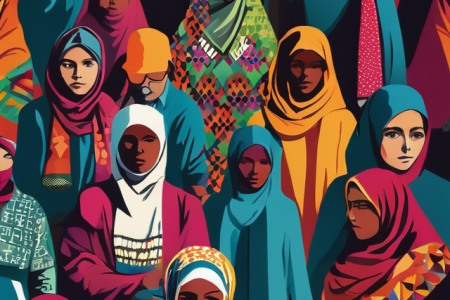

The home is beneficial to all parties, and Muslim women exist for themselves. We are individuals with our own thoughts, beliefs, and rights.
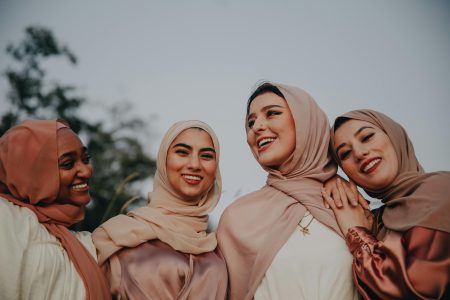
I remember the first time I felt truly seen and heard by a friend. She listened to me without judgment, without interruption. She validated my feelings, even when she didn’t understand them. And in that moment, I felt like I could breathe again. I felt like I was home.
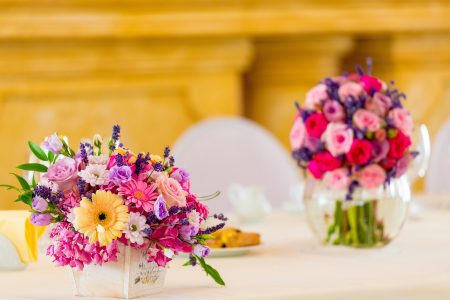
I had placed my husband too dangerously close to Almighty Allah, and I had all these high hopes and expectations of him that I had forgotten that he was human, too, and that he could be influenced, selfish, and prone to mistakes, misdeeds, and forgetfulness.
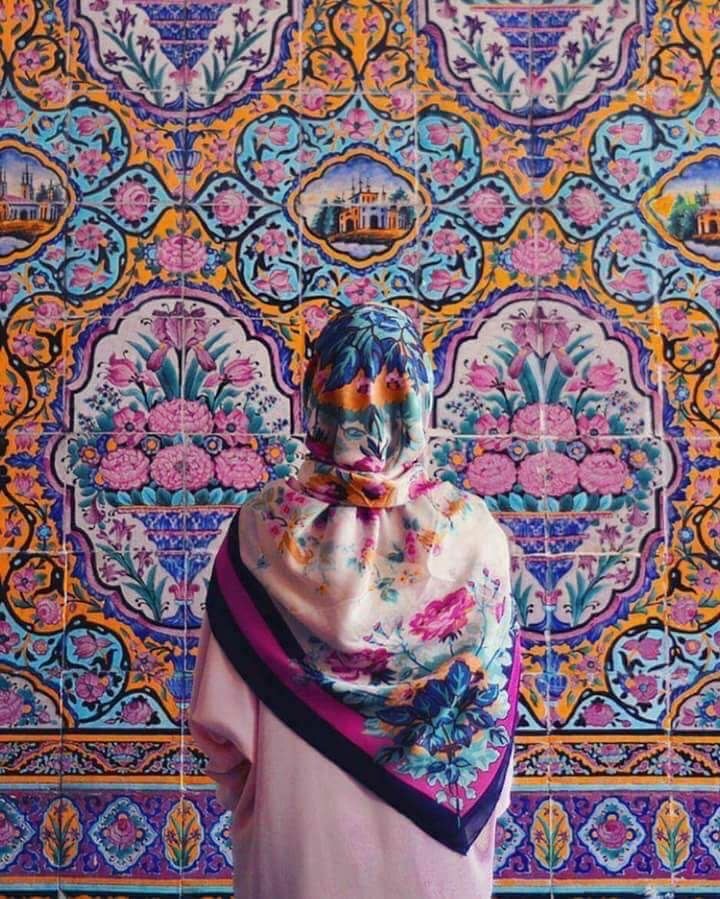
I hope the day will come when you will be free to hold your head up and claim what you believe or support without fear of being “dragged”. I pray for the day when being a Muslim woman – especially being visibly so – is not seen as an open invitation for others to have an opinion on how we choose to live our lives. Until that time, and unless you choose other
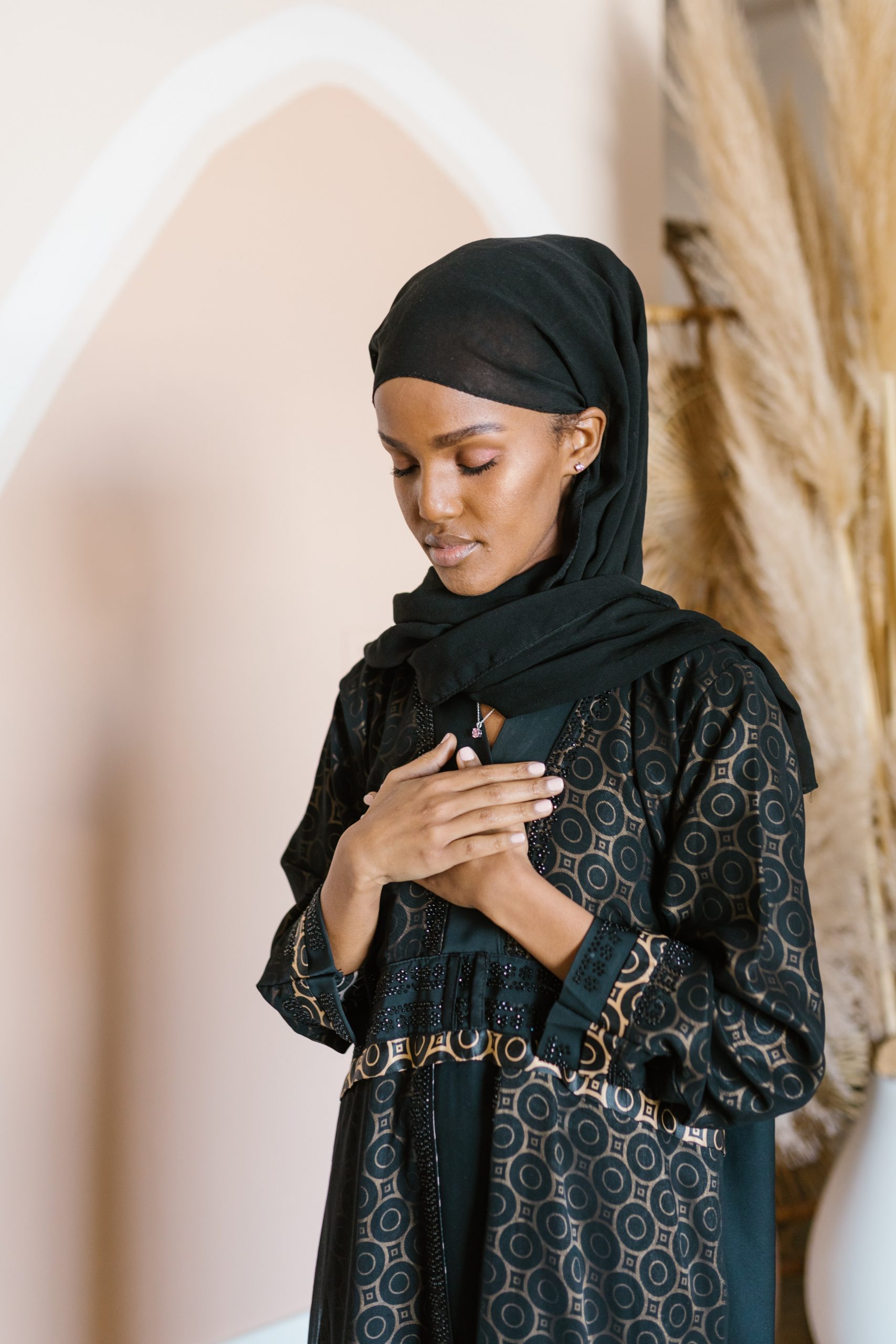
I had grown up in an environment surrounded by non-Muslims. My teachers, classmates, and friends were non-Muslims. I was, in fact, the only Muslim girl in my class. People made awful comments about my religion. Friends deserted me because I was Muslim. I vividly remember when a friend brought a book, which portrayed Islam in a bad light, to school. I cried bitterly that day, wondering why I was Muslim…why I couldn’t be like everyone else, why I couldn’t live without the risk of being judged or ridiculed on the basis of my faith.

Muslims around the world have since wondered what action to take, feeling helpless and guilty about the situation. If you’re wondering what you can do to support Palestinians, here are five ways to show your solidarity.

Almost two years ago, I wrote a long twitter thread explaining what a Muslim marriage contract entails and why I think every young person looking to get married should get one. The reactions from many young Muslim men were quite appalling. Many of them interpreted this gesture as an attack on the male gender, some said it was a sign that couples don’t trust each other and many others said it was a means to sneak liberal ideologies into Islam.

Women within the system of patriarchy have internalized the trauma of sexism, and have generations after generations, had to adhere closely for their own limited participation, approval, survival, and recently a point of anti-Western cultural rhetoric, to the extent that they then become fierce gatekeepers of what has become facts of life.
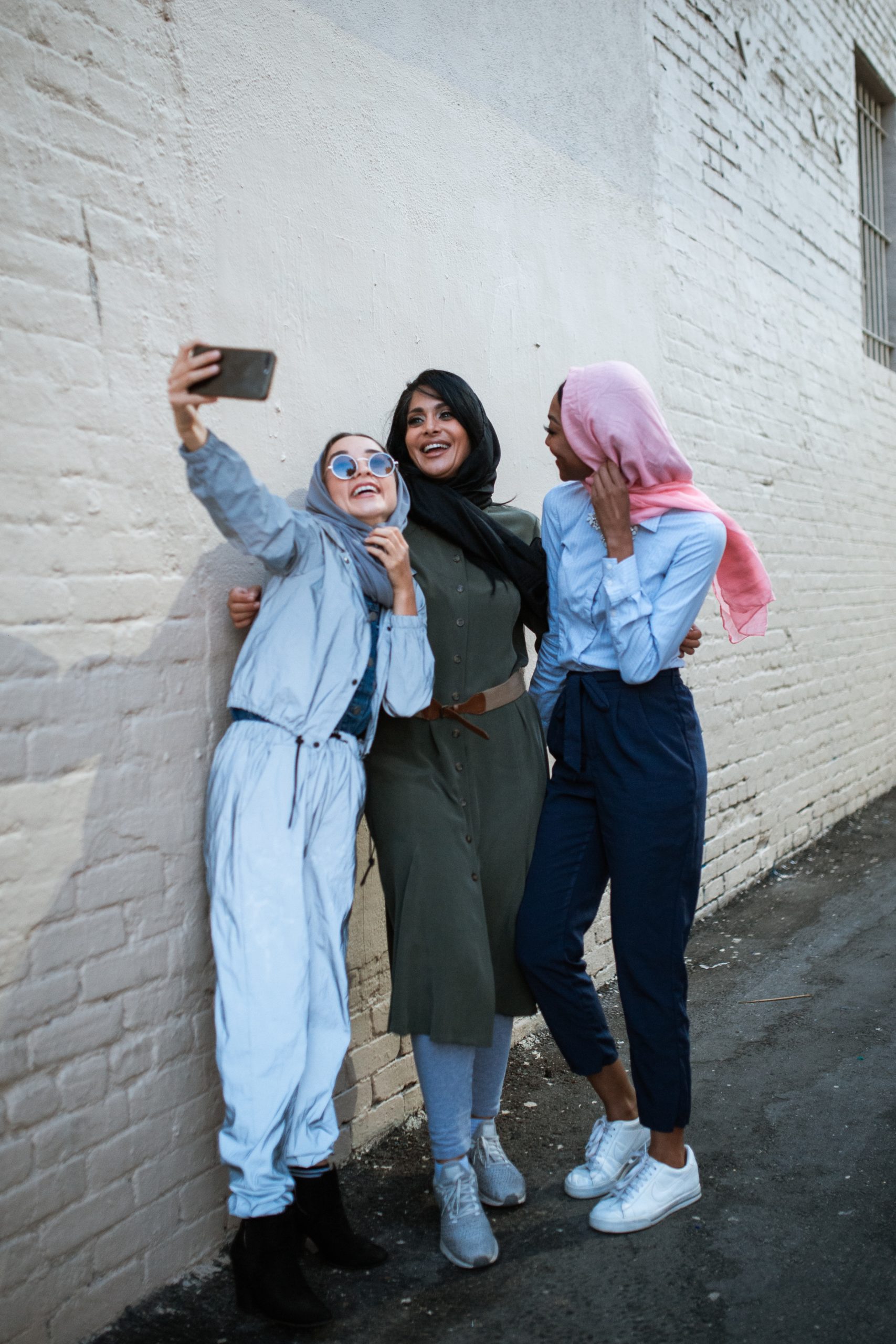
As I got more and more responses that detailed joy in ibadah, in our hijab, in serving our family and friends, in helping, in giving back; and very few responses about joy for the sake of it or finding the same emotions in things that revolved about us, were about us; I do wonder. Are we truly this altruistic and giving, or have we been taught that our worth was in the value we bring, so much so that we can barely find joy in ourselves, for ourselves, and just because? Do we really not feel joy outside of these roles or are we just scared of owning that, possibly of being judged as not Muslim enough?

Muslim women are especially expected to do more with less; to handle multiple demands, to run lean. We see this all the time in the way we have to multitask at work and at home. We know who we are. We are brilliant and we can do anything we put our minds to. But how do we start to make a movement culture in which the workload is truly shared?